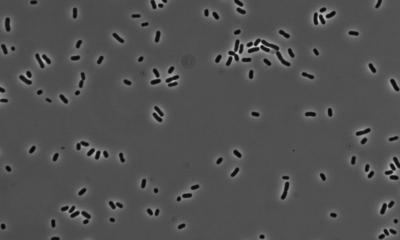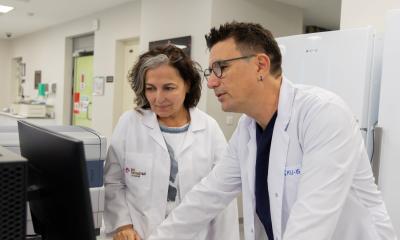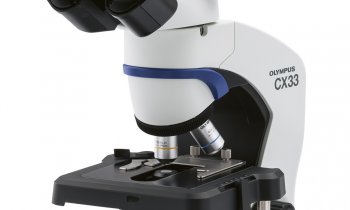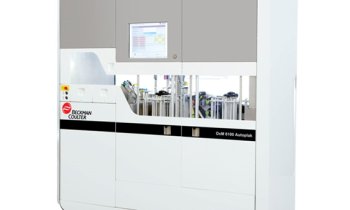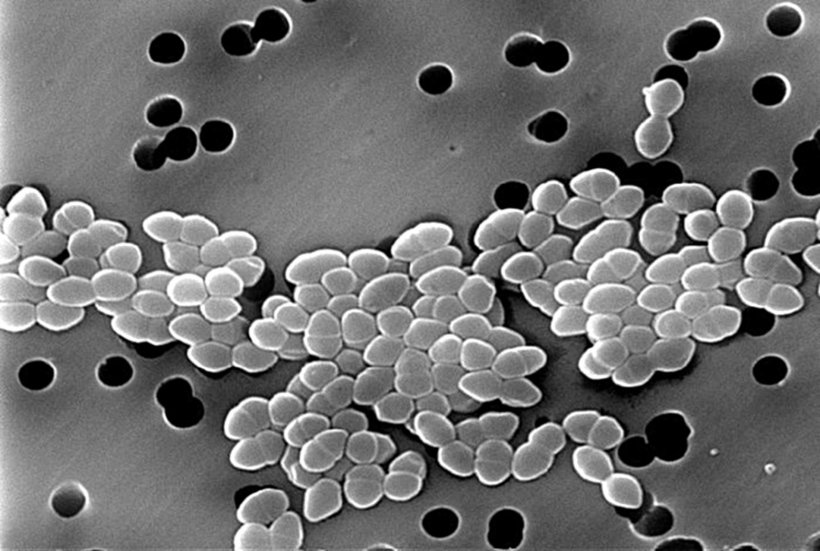
Photo Credit: Janice Haney Carr Content Providers: CDC/ Janice Haney Carr, Vancomycin-Resistant Enterococcus 01, marked as public domain, more details on Wikimedia Commons
News • Infectious disease research
Hidden bacteria increases risk of antimicrobial resistant infection in hospital patients
Carriers of a specific hidden bacteria have a 14% chance of developing an antibiotic resistant infection with 30 days of hospitalisation, according to researchers from Amsterdam UMC.
Researchers studied patients who unknowingly carried the multi-resistant Gram-negative bacteria, a major cause of urinary tract infections and sepsis, and found that almost 1 in 7 developed an infection that very few antibiotics could treat. The results have been published in The Lancet Infectious Diseases.
People can carry antibiotic resistant bacteria unknowingly and without any effects or symptoms. These bacteria are often found in the intestines, in the mouth or on the skin. Carrying these bacteria only becomes a problem if patients develop an infection, which can happen during hospitalisation. If so, it is difficult to treat. And that complicates the treatment those who have been hospitalized for another reason.
Recommended article

Article • Bacterial defense mechanism
Antibiotic resistance: a global threat to healthcare
Antimicrobial resistance (AMR) is becoming more prevalent around the world, constituting a serious threat to public health. When bacteria acquire resistance against antibiotics, common medical procedures – for example, in surgery – become impossible due to the high infection risk. Keep reading to find out about AMR research, development of new antibiotics and antibiotic alternatives.
Researchers from Amsterdam UMC's Department of Medical Microbiology and Infection Prevention set out to determine: what is the chance that a carrier of resistant bacteria develops an infection during admission? This knowledge could help hospitals stay alert to antibiotic resistant infections. To answer this question, the researchers dug into the medical literature.
The study showed that the risk of infection with multidrug-resistant Gram-negative bacteria is on average 14% within 30 days in hospitalized patients. For certain types of bacteria from this group, this chance is as high 19%. This is a significant risk. In comparison infection rates after surgery vary from 1% to around 20%, dependent on the procedure. After a so-called 'dirty surgery' - an operation in a body area with a lot of bacteria, for example intestinal surgery - the chance of an infection is 18-20%. After a 'clean operation' - surgery in a sterile area of the body - it is much lower, around 1-3% within 30 days.
This research not only exposes the risk of infections, but also facilitates the comparison of different types of resistant bacteria. It also provides tools for comparing the risk to different types of patients: for example, the risk of infection for patients in intensive care differs from that for patients in nursing wards, or for patients with blood cancer. It is therefore important to note that most of the patients in the studies involved were seriously ill and were therefore more likely to get infections.
Antimicrobial resistance is an increasing problem worldwide. This resistance makes some infections increasingly difficult to treat, for which only few and more expensive antibiotics are available. In some countries, there are already problems with infections with bacteria that are so resistant that no treatment is possible. This has led the World Health Organisation to name antimicrobial resistance as one of the ten global public health "threats facing humanity". With antimicrobial resistance to common antibiotics used to treat, for example urinary tract infections reaching over 90% in some cases. This makes research into the possibilities of stopping carriership of resistant bacteria in the intestine, in order to prevent untreatable infections, even more timely and important.
Source: Amsterdam University Medical Centers
02.02.2023




